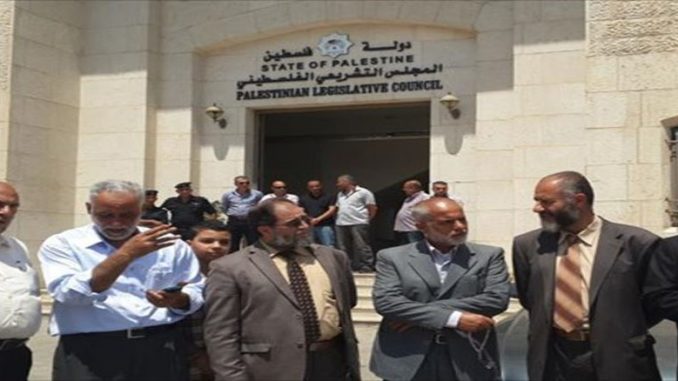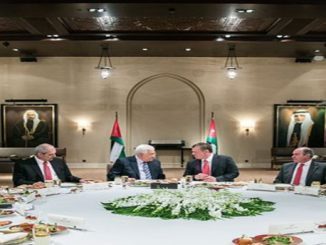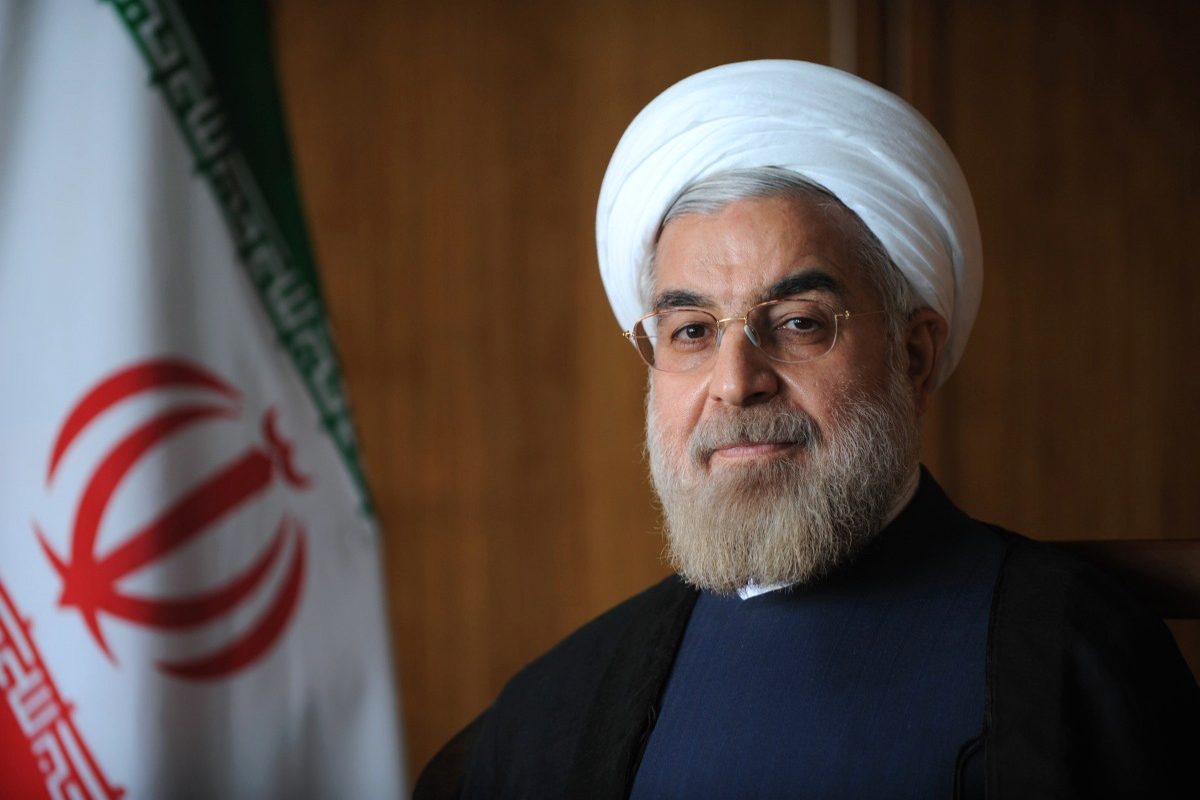
Several Hamas-affiliated Palestinian lawmakers said on Sunday that the Fatah-led Palestinian Authority (PA) stopped payment of the salaries of 37 Hamas Palestinian Legislative Council (PLC) members living in the occupied West Bank.
PLC member Ayman Daraghma from the northern West Bank district of Tubas told Ma’an on Sunday evening that he and 36 other Hamas MPs had not been paid their June salary.
Daraghma added that when he contacted the PA Ministry of Finance regarding the issue, “a ministry official told me unofficially that the PA had decided to stop paying (Hamas MPs’) salaries,” without providing further explanation.
Daraghma added that, with the exception of Ibrahim Dahbour, all Hamas-affiliated lawmakers imprisoned by Israel had received their salaries.
He went on to say that the affected MPs had sent a letter to the Ministry of Finance asking for an explanation, adding that they were ready to take their case to human rights groups.
“We are representatives of the people and should be officially notified of such a decision,” Hamas MP Hatem Qafisha told Ma’an. “We have legal steps to take and will go to the legal adviser of the Ministry of Finance if the decision to stop paying us salaries is confirmed.”
PLC second deputy speaker Hassan Khreisha — who is unaffiliated with any party — said that neither the PLC speakers nor the Hamas-affiliated lawmakers were officially notified of a decision to stop paying salaries.
Meanwhile, Ministry of Finance spokesman Abd al-Rahman Bayatna told Ma’an that, as an executive authority, the ministry “isn’t authorized to officially comment about salaries.”
The issue comes less than a week after the PA announced that it had decided to push more than 6,000 civil servants from the besieged Gaza Strip into early retirement, the latest move in an increasingly bitter feud between the Hamas movement, the de facto ruling party in Gaza, and the Fatah-led PA.
The PA also caused anger in April after cutting salaries to its Gaza-based employees by up to 30 percent, while deciding to discontinue payments to some 277 former political prisoners of Israel, with reports indicating that the move targeted former prisoners in Gaza and those affiliated with Hamas in the West Bank.
Numerous attempts have been made in the past to reconcile Hamas and Fatah since they came into violent conflict in 2007, shortly after Hamas’ 2006 victory in general elections held in the Gaza Strip.
However, Palestinian leadership has repeatedly failed to follow through on promises of reconciliations, as both movements have frequently blamed each other for numerous political failures.
The PA has been the focus of fierce condemnation in recent months after being accused of deliberately sending the impoverished Gaza Strip further into a humanitarian catastrophe in order to wrestle control of the territory from Hamas.
In May, the PA decided to slash funding for Israeli fuel to the coastal enclave, as Israeli authorities acceded to PA demands to dramatically reduce its electricity supply to Gaza, which was already reeling from lack of adequate access to electricity and fuel.
The PA also decided last month to block at least 11 Palestinian news websites, though the number was later reported to reach 29 sites — all allegedly affiliated with either the Hamas movement or Muhammad Dahlan, a political rival of Palestinian President Mahmoud Abbas — which has been condemned by rights groups as a “serious violation of freedom of the press and expression.”
Hamas authorities have also been accused of withholding funds collected in Gaza from the PA, targeting Fatah officials in Gaza through detentions, and restricting their freedom of movement, most recently preventing a Fatah Central Committee member from leaving the besieged territory on Saturday.



